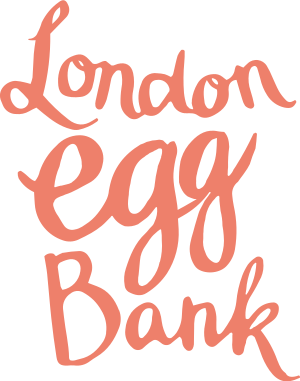What is the best age to freeze my eggs?
As with all fertility matters, there’s no black and white answer about the perfect time to freeze eggs that will apply to all women. Lifestyle and genetic factors should be considered, as well as current legislation about egg storage, and when you are likely to want to use the eggs that you freeze.
A woman’s most fertile years are between the ages of 18 and 29. After 30, your fertility starts to decline, with a sharper drop around 35 and into your early 40s as both the number and the quality of eggs decrease.
Just how quickly your fertility declines is dependent on a number of genetic and lifestyle factors, including weight, exercise, stress, environment and medications, but generally you can be sure that egg quality and quantity will decline the older you get.
The question of what is the best age to freeze your eggs is also affected by local legislation and what expectations you have about when you are likely to want to use the stored eggs to achieve a pregnancy.
The sooner the better?
From an age perspective, the earlier you freeze your eggs the better. More than any other factor, your age determines your egg count and egg quality. The age you are when you freeze your eggs is the key factor in your chances of ultimately going on to have a healthy baby.
Freezing eggs before you turn 30 will probably give the highest number of healthy eggs, with a slightly smaller number if you freeze between the ages of 30 and 35, then a much smaller number over age 35.
However, in the UK there is currently a 10-year maximum storage limit for eggs, which needs to be factored in to planning when you decide to freeze your eggs. The only exception to this storage rule is if you are freezing eggs for a specific medical reason such as cancer treatment or premature infertility.
If you were to freeze your eggs aged 20, after 10 years you would still be at the point where you could conceive naturally at 30, or you may not yet have met the right partner.
To balance the factors of egg quality and when you might need to use them in the future, we would recommend the optimum age range in the UK is between 30 and 35.
“To get the balance right between the highest egg quality and the length of time you want to store them, the optimum age range for egg freezing is 30 to 35."
What if I’m older than 35?
If you are older than this, you can still explore the option of egg freezing, but you might need a larger number of eggs to give you the best chance of achieving a healthy pregnancy at a later date.
If you are freezing eggs at a time when your fertility is already in decline, you should be aware that your eggs may potentially be of lower quality or we may only be able to collect a low number in a collection cycle. To compensate for this, you may need to undertake more than one collection cycle to give you the larger number of eggs needed.
Once you have gone through the process of collecting eggs and having them frozen, their quality is set and they no longer age, leaving you to make use of them to start a family when you’re ready.
If you are aged 40 or over, due to the significant drop in egg quality by this age, we would not recommend that you explore this route, but instead consider using donor eggs as a way for you to create a family of your own.
You can find out more about your fertility by taking a fertility health check. We’ll help you to work out a plan of action and help support your choices about your future fertility.
